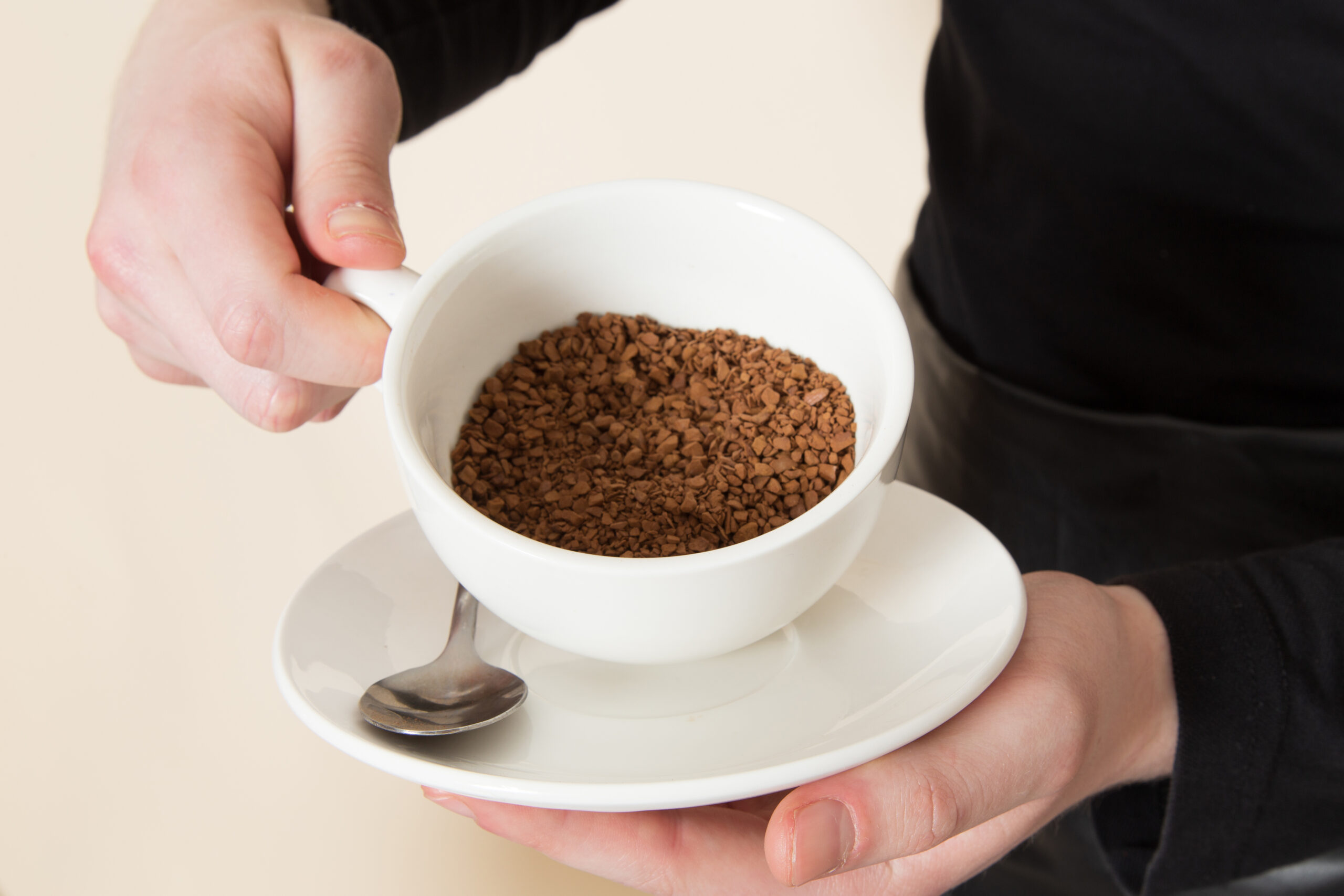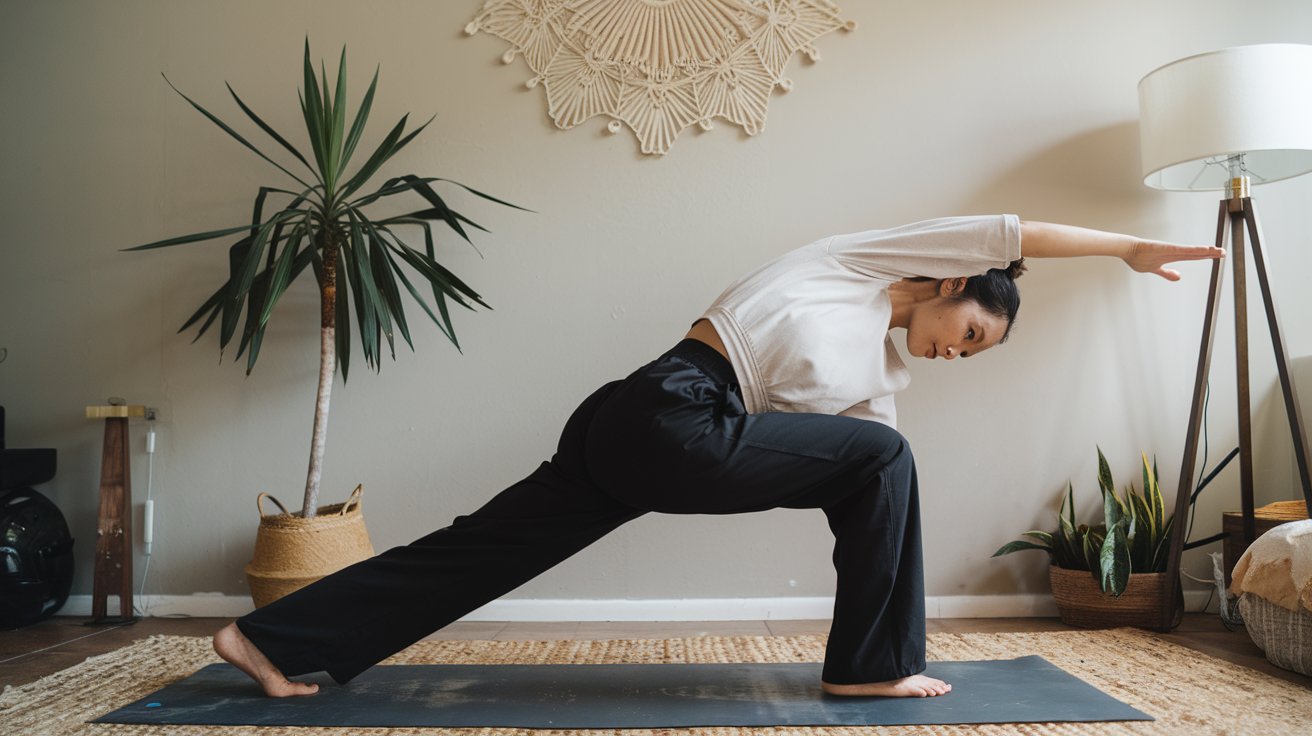
A recent study has revealed that consuming more than 400 milligrams of caffeine daily could significantly increase the risk of heart disease. This study highlights that 19.6% of participants ingested over 400 mg of caffeine each day, equivalent to four cups of coffee, two energy drinks, or ten cans of soda. While caffeine is a staple for many, this research suggests that excessive intake may pose severe health risks, particularly concerning cardiovascular health.
The study underscores that individuals who chronically consume over 600 mg of caffeine daily experienced elevated heart rates and blood pressure shortly after completing a three-minute step test. This suggests that high habitual caffeine intake might impede the recovery of heart rate and blood pressure after typical daily activities. Notably, the highest caffeine consumers were predominantly female, urban dwellers employed in business and management roles.
Experts have long recommended a daily caffeine limit of 400 mg. Exceeding this threshold can lead to negative health effects, including heightened heart rate and blood pressure. The findings indicate that even those in good health could face increased cardiovascular disease risks if they consume large amounts of caffeine consistently for five or more days per week.
Yu-Ming Ni, MD, commented on the ongoing debate surrounding coffee consumption:
“With) coffee … there’s just so many unknown variables. We had not that long ago a study that showed that four cups of coffee a day or more was associated with longer survival. I feel like we keep on dragging on coffee. It’s either great, terrible or somewhere in between — it’s probably somewhere in between,” – Yu-Ming Ni, MD
The study’s authors point out that caffeine tolerance varies among individuals, as does the impact and consequences of its consumption. Richard highlights the growing concern over adolescents’ increased intake of energy drinks:
“In practice, we have become aware of the increased intake of energy drinks, energy shots, and other beverages with excessive caffeine by adolescents who may be more susceptible to the dangerous consequences of excessive caffeine,” – Richard
Kagathara adds that regular caffeine consumption’s effect on the autonomic nervous system could elevate the risk of hypertension in otherwise healthy individuals:
“Due to its effect on the autonomic nervous system, regular caffeine consumption could put otherwise healthy individuals at risk of hypertension and other cardiovascular events,” – Kagathara
Monique Richard elaborates on the broader implications of chronic caffeine intake:
“Caffeine tolerance varies per individual as do effects and consequences; however, we understand the stimulating potential as well as are aware of the frequent population-wide use, which, for some, can be excessive. Chronic, excessive caffeine — above the recommended 400 mg a day — can elevate heart rate, (and) blood pressure, but depending on the form can come with additional drawbacks such as excessive sugar, calories, sodium, additives, and artificial ingredients.” – Monique Richard, MS, RDN, LDN
Experts suggest that individuals consuming high levels of caffeine should gradually reduce their intake while monitoring withdrawal symptoms such as headaches, irritability, reduced energy, and brain fog. Staying hydrated by drinking water or unsweetened beverages and consuming foods with high water content like salads and vegetables can aid in managing these symptoms.
Yu-Ming Ni encourages a shift in routine to assess caffeine dependence:
“And if so, maybe try to just drink water during that time instead and just see what happens. I would not be surprised if you feel pretty much the same when you do that after about a week or so, once the caffeine gets out of your system, and then you don’t really need the caffeine.” – Yu-Ming Ni, MD
He further emphasizes that the ritualistic nature of coffee consumption could be more habit than necessity:
“People just assume they need the coffee to stay awake, but it becomes a sort of ritual to have coffee in the morning, and you may not actually need that at the end of the day once you’ve gotten it out of your system for a set period of time, and so it’s something worth experimenting with.” – Yu-Ming Ni, MD
Richard advises mindful consumption practices:
“Take time to pause and make decisions today for tomorrow’s self — ingesting a caffeine and sugar-loaded beverage at lightning speed ‘in order to function,’ ‘get to the next level,’ or ‘make it through something’ is not conducive to long-term health,” – Richard
She suggests enjoying caffeinated beverages in meaningful settings:
“Enjoy some chocolate, coffee, or tea but in an environment shared with others, nature, or your favorite book!” – Richard
Featured Image by Freepik





Leave a Reply